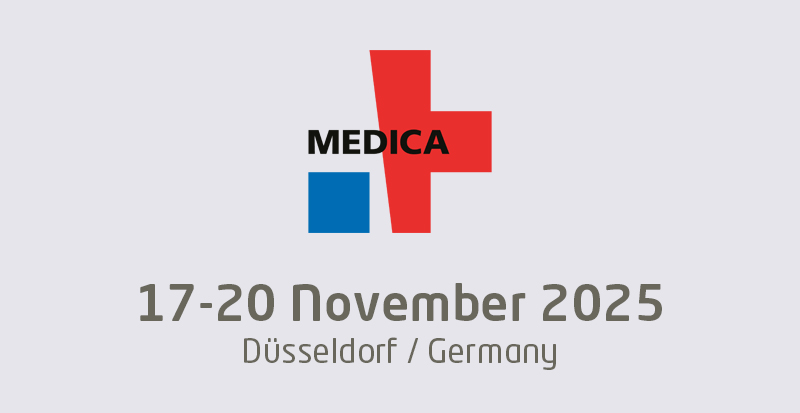There are a variety of factors that drive healthcare organizations to either replace or upgrade existing applications. This white paper examines the basic considerations and challenges encountered in migrating data and offers solutions to ensure migrations work within your budget and are completed within your timeframe. The specific examples will be related to Hospital Information System (HIS) replacement or major upgrade. For the purpose of this white paper, replacement or upgrade will be generically referred to as “migration”. However, many challenges and solutions presented herein are not unique to HIS migration. In fact, the basic problems are likely to exist when replacing or upgrading any application that stores complex data.
Data Matters
Healthcare data presents significant challenges to data storage and transfer. To the uninitiated, the complexity may not be readily apparent. You go or are taken to the hospital. The hospital needs to know who you are. Who will pay for your care? What are you allergic to? They need details about pre-existing health problems that would complicate your care. Examinations are performed. Tests are run. Procedures are performed and drugs are administered. At some point you leave. Then somebody pays for it all. Sounds simple, but the accurate flow of the accumulated data through many different systems and applications is far from simple. It is beyond the scope of this white paper to detail all the data complexity involved. However, each step in the process has highly specific data requirements that include significant data dependencies. It is both the specific requirements combined with the intertwined dependencies of this data that make migration difficult. In general, the more complex the data or the workflow that generates it, the greater the likelihood that something about that data will either make it difficult to extract or difficult to import into the new system. When data does not easily extract or import, human resources are required to perform massive amounts of data entry.
Three Steps to a Successful Migration
























